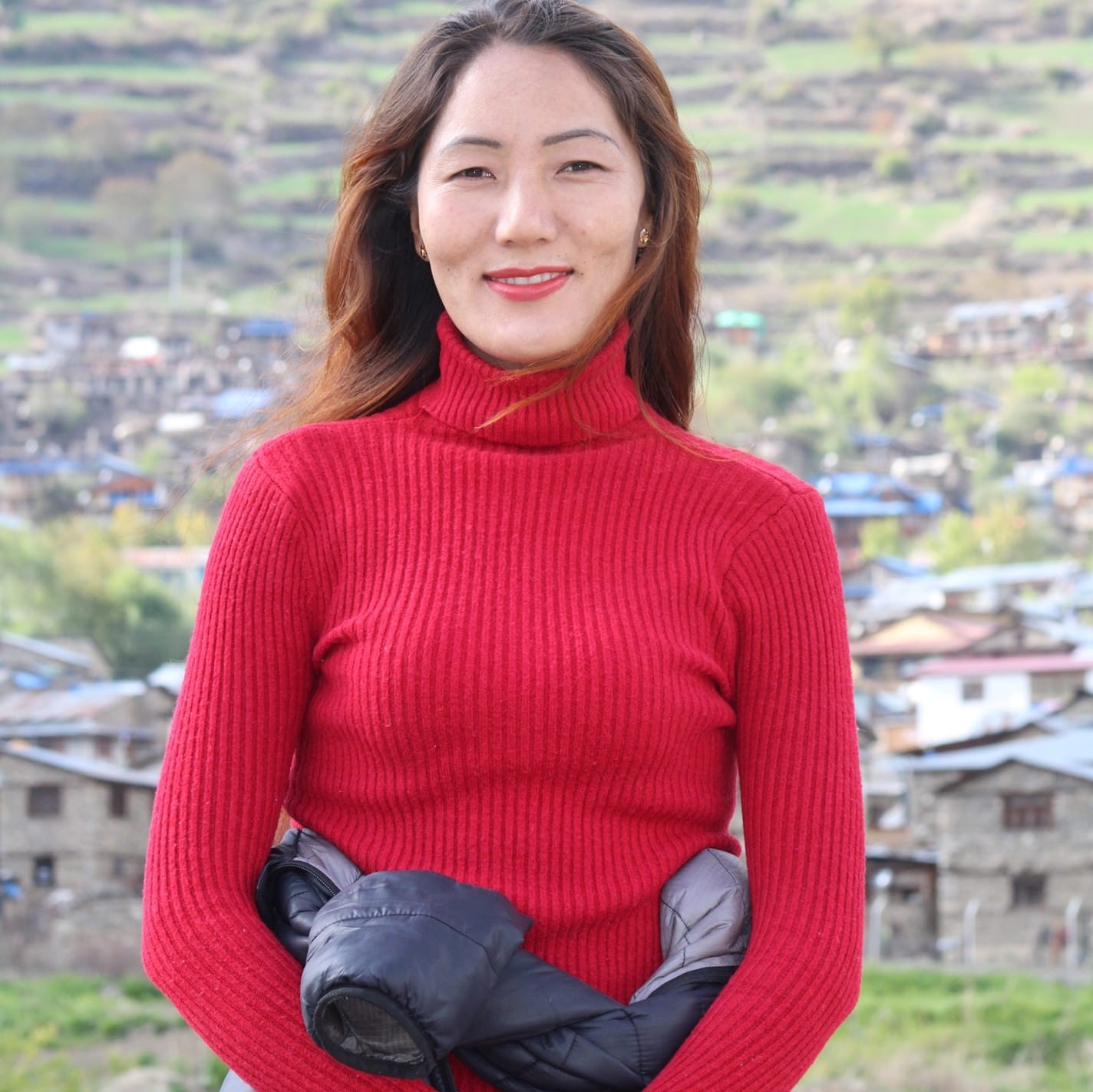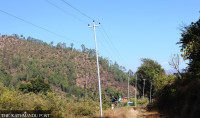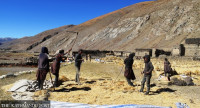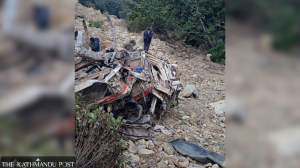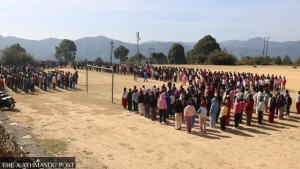Karnali Province
Lack of internet affects Humla students
Despite the start of the new academic session, almost all schools outside of Simkot, the district headquarters, have been unable to run classes due to absence of internet facilities.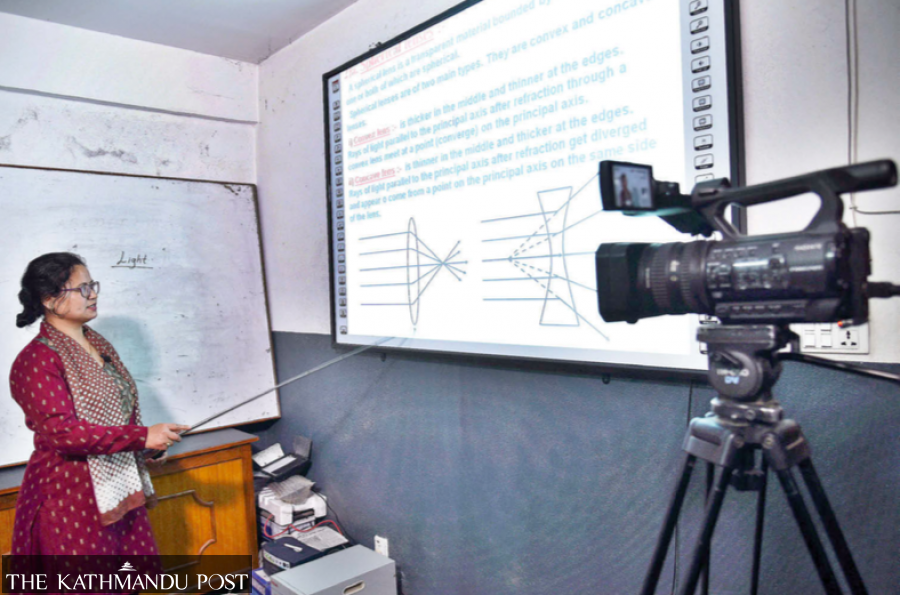
Chhapal Lama
On June 15, the Ministry of Education, Science and Technology announced the new academic session and informed schools to adopt alternative teaching methods to continue with teaching-learning activities.
Schools were advised to use available technology like radio, television and internet among others to start the new academic session.
But most schools in the rural parts of Humla are unable to conduct online classes because of poor internet facilities.
Despite the start of the new academic session, almost all schools outside of Simkot, the district headquarters, have not been able to run classes, as they don’t have the means to adopt alternative teaching methods, teachers say.
“Some schools in Simkot, the district headquarters of Humla, have started online classes. However, schools in the rural areas are facing difficulties in operating classes through the alternative medium,” said Himalaya Khatri, a teacher at Ralid Secondary School in Bargaun, Humla.
“Both mobile and telephone networks are poor here. How could we start online classes in this situation? Monsoon-related disasters have struck down telephone poles and there is no phone or internet network in Tanjakot Rural Municipality, Limi of Namkha Rural Municipality, Nepka of Chankheli Rural Municipality and some other rural areas.”
The lack of internet facilities and disruption of telephone networks in the rural areas have not only affected local students but also those pursuing studies in cities outside the district.
Most students pursuing education in the cities left for their villages when academic institutions discontinued classes amid the coronavirus pandemic. Those who are back in their villages do not have many options but to move to Simkot to attend online classes conducted from classrooms in Kathmandu, Nepalgunj and Surkhet among other cities.
“There is no internet service in our village. Our online classes have begun and I have to prepare for my examination,” said Kamal Budha, a student from Kharpunath in Humla. “I came down to Simkot and rented a room here so that I don’t miss my classes.”
Budha is an engineering student in Kathmandu.
According to Hemant Lama, a resident of Simkot, many students from the villages are struggling to manage expenses while looking for a suitable place to stay in Simkot.
“Students who don’t have relatives in Simkot and those who haven’t been able to find a room to rent haven’t been able to join online classes,” said Lama.
Tsering Tamang of Sarkegad is a 12th grader at a Kathmandu-based private school. He hasn’t been able to attend any classes since the start of the new academic year as he does not have access to the internet at home.
“I am far behind in my coursework as I haven’t been able to attend classes. And now I’m busy in the fields. I don’t know how I will cover all that I have missed,” said Tamang.
Educators have also voiced concerns about the impact of the lack of connectivity for students in rural areas of the district.
“Relying on the internet to run the academic session is not an option in rural areas. The government should run classes through radio until educational institutions can physically open their doors,” said Kali Bahadur Mahatara, the headmaster at Laligurans Secondary School in Simkot.



 11.12°C Kathmandu
11.12°C Kathmandu